It’s been a month of balance – the good and the hard.
It’s no secret that politics in America have continued to be divisive. I don’t care to discuss details here, but I do want to point out that this division exists beyond election seasons. It seems like the goal is always to convince others why “their side” is right and the “other side” is wrong. And somewhere in the middle of all that vitriol lies the truth. Between the good and the hard.
The truth is that our current situation is the responsibility of far more than a single administration, a single party, or a single ideology. Actually, that last one might be closer than the other two. However you slice, though, we are not living in a state of contentment. Rather, we are living in a state of constant argument.
As Christians, how are we to function in this explosive environment? Are we spiritually mature enough to view our politics through the lens of Scripture, or is it the other way around?
Are we spiritually mature enough to view our politics through the lens of Scripture, or is it the other way around?
Side note, if you read that last question and immediately thought of all the ways the Bible defends your personal political stance, then I fear you’ve missed the point. As far as I can tell, neither party has it 100% figured out.
When pressed to identify the greatest commandment, “37 Jesus replied, “‘You must love the Lord your God with all your heart, all your soul, and all your mind.’ 38 This is the first and greatest commandment. 39 A second is equally important: ‘Love your neighbor as yourself.’ [Matthew 22:37-39, NLT]”
Notice that Jesus didn’t mention any governmental entity here. And He wasn’t one to shy away from those questions. As Christians, this is how we navigate this political climate.
As Christians, this is how we navigate this political climate.
Let’s also pay attention to the order of these statements: The greatest command has nothing to do with how we care for others. Rather, it is wholly reliant on our relationship with God. We are to love Him with:
- All our heart – the center of our being, prioritizing God above our even deepest desires
- All our soul – our inner self, being genuine and allowing our love for God to permeate our whole being
- All our strength – our physical and mental abilities, our capacity to act and use all of our talents and resources to love Him
What else is left? There’s nothing else with which to love our God. And then, when our whole being is consumed with love for God, we extend His love to our neighbors.
When our whole being is consumed with love for God, we extend His love to our neighbors.
The place I most often see us go wrong is that we define “love” according to our own perceptions, according to what makes the most sense to us. But the thing is, God’s way of doing things rarely makes sense to us in the moment. Only after the moment passes do we reflect and say, “Oh that’s what God was doing the whole time!” But the process? That’s hardly ever logical to us.
So then, why do we assume that love for our neighbor only means comfort and never confrontation? Isn’t it possible that God’s definition of love might challenge our own?
Isn’t it possible that God’s definition of love might challenge our own?


Leave a Reply
Want to join the discussion?Feel free to contribute!